Spend two minutes on Twitter these days, and you'll see a host of accounts, mostly clubs and sometimes parents, showcasing their kids practising football at home. This is great. It's great the kids have access to space and equipment, and are taking their development into their own hands. But are they? Is it always intrinsically motivated? You'll notice how even two-year-olds nowadays know how to pose and make duck faces for selfies. TikTok is an app used primarily by fourteen-year-olds who want credit for making weird movements.
What's going on? Do these kids really want to do it? If they do, that's brilliant, and we should foster it. Or do they feel compelled to do it because of parental pressure and social currency? I'll show you what I mean.
What is this obsession with ladders, by the way? Are these kids training for the fire brigade? It's like an episode of America's Got Ladders. From what I know of this club, these kids are likely replicating much of what they do in their team training sessions.
I'm not having a dig at the kids. Kids are products, sadly sometimes victims, of their environments. Idiot coaches and misguided parents, all motivated by ego and self-promotion.
The parts where they interact with the ball are worse. They spin around like the Tasmanian Devil, taking fifty touches and twenty seconds to complete a move.
In case you feel the need to fight me.
Have a look at the two Tasmanian Devil clips above. Try to work out what they are doing, why they are doing it, and how it makes them better footballers. It would be like if I were trying to learn a song on guitar, and strummed a G chord one hundred times in thirty seconds, thus improving my ability to play the G chord in that song. Or putting my head inside a bucket and repeating "Me llamo William, soy de Inglaterra" one hundred times, as loud and as fast as I can, to improve my ability to speak Spanish.
Much like how in the song, that G chord may follow a C and lead to a D, and how any sentences in Spanish are preceded by a question, and then a follow up to your answer, there has to be something relevant in football either side of the skill a player is performing.

What does the thing you're doing actually achieve?

Cristiano Ronaldo when he was first at Manchester United.
This is Ronaldinho. One move, and off he goes. He moves like that to deceive the defender, clearing a path, allowing Ron to advance into the space with the ball. He doesn't stay in the same five yard pace and take thirty more touches.

In this clip, as Messi puts Boateng on his arse, how many times does Messi spin around and face a different direction? The move is essentially completed in two touches. One with the outside of his left foot, one with the inside of his left foot. It gets Boateng to shift his weight to deal with Messi's touch, and then Messi moves again, to put Boateng of balance. It's quick and it's subtle.
The player dribbling the ball needs to be aware of their surroundings, because they intend to either; shoot, pass, or dribble some more. It's a means to an ends, not a way of scoring points. A player dribbles because it's the most effective way to advance with the ball to create a scoring opportunity. They want to get rid of the defender, and this is best done with as few movements and touches as possible.

Touch into space, change of direction, change of speed, acceleration, head up and constantly scanning to update the picture around him. Messi needs to know where the goal is, where the defenders are, where his teammates are, where the space is, and constantly be monitoring any changes in distance or angle. In isolated Taz drills, we create fantastic trained seals, but footballers who play with their heads down (because there is nothing to look up at and no danger to monitor). Teach principles. Create problems. Pose solutions.
I'll go back to my question from earlier. What does the thing you're doing actually achieve? We're finding more and more that practice is quite task specific. So if you practice running through ladders, you're going to get really good at running through ladders, but any transference or relevance to football is going to be minimal. It's great kids are doing something rather than nothing, rather than becoming fat and abusing "virgins" on Fortnite. But why? Why is this happening?
Clubs are huge businesses that have six, seven, or even eight figure turnover. In the US at least. Parents invest thousands. So they need to stay relevant. Keep in mind that around 90% of soccer parents can't tell their arse from their elbow. Here's an example.

They have no idea why Messi's goal against Nigeria was so good. This doesn't impress them. They can't understand it.

What's so special about this goal from Pavard? All he did was hit it really hard. Any athlete can do that! I tell you, if only our best athletes...

This Bergkamp goal? Dump and chase. Soccer coaches keep telling us kick and run is bad, so why show this goal that was clearly hit and hope?

If you haven't brought out the tissues and lube yet, how about this pass from Ziyech?
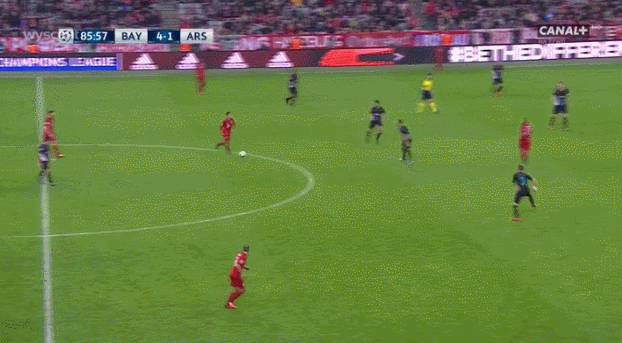
What's so special about this pass from Thiago?
![Thiago Alcântara [Thiago Alcântara do Nascimento] : Bayern Player ...](https://25.media.tumblr.com/cd28fe50259cbbddbee2ee81f6bda524/tumblr_mxuazktwfG1rw46m4o1_500.gif)
Here's Thiago doing something you might see the kids do in the Taz drills, but he's only doing 1% of it. Two touches, release the ball. He's done what he needed to create the gap between the two defenders to play the pass to his teammate. And because his head was up, scanning the play, not downward monitoring his Brazilian toe-taps, he was able to observe the run of his teammate.

Here's a nice dose of Turkish delight for you. Michael Gray does enough out wide to move the defender, creating space for the cross. When the ball bounces out to Tugay, he doesn't attempt to break his juggling record. He analyses the picture in front of him, decides what action would be best, and then executes that action.

What's so great about this pass by Ruben Neves? He eliminates four opponents, delivers the ball straight to his teammate's feet in a way that is easy to receive, and has bypassed the entire Spurs attack and midfield.
And that's the problem. These are all world class examples. American parents can't see it. They don't understand the game, and thus don't understand why these examples are so good. Because they don't understand what they're looking at, they're easily impressed by trained seals. The kids might make great freestylers, but maybe not great footballers.
The Taz stuff is far easier to teach, and far easier to point towards success. The passing examples of Thiago, Neves, and Ziyech didn't lead to goals, so to the untrained eye, they're not obviously good. But knowing a kid improved their juggling record from one hundred to two hundred, that's a number, and one of those numbers is more than the other. I kept telling American kids and parents that you only needed two juggles; one to control it and one to release it. World views were shattered. Anything more and you're just allowing time for the defender to close you down, denying your space, and taking away passing lanes. Even better if you can release in one like Tugay Kerimoglu's volley.
American youth sport is essentially a war between corporations. They need your money. They get your money by making it seem as if they provide a valuable and effective service. Look at little Timmy in the 2010 team, he can do three backflips and catch the ball between his arse cheeks. Isn't that cool? Give us your money.
Timmy will never know what a blindside run is, but at least he can do four hundred juggles.
And a lot of these videos, not only are we witnessing auto-fellatio from the parents, but they are sending messages to other people. I'm better than you (or my kid is better than you). We're more serious about this than you are. Guess you're just not committed. You had all the time in the world and only practised soccer for thirty minutes a day? Well, guess you don't care that much about tryouts, do you.



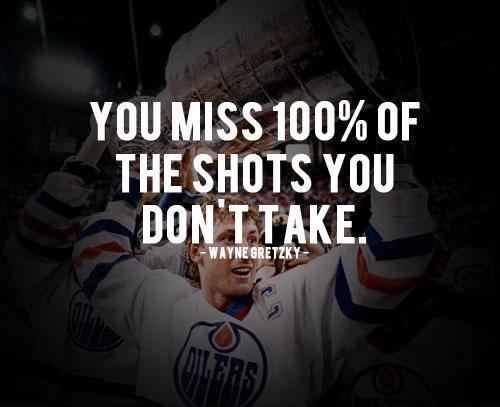
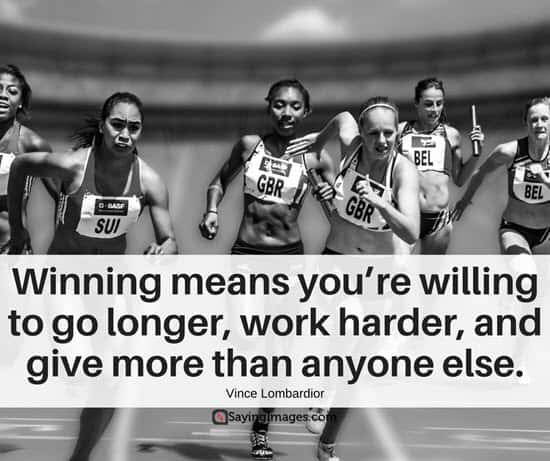
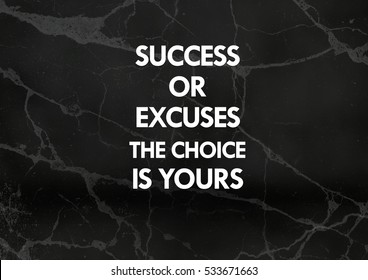

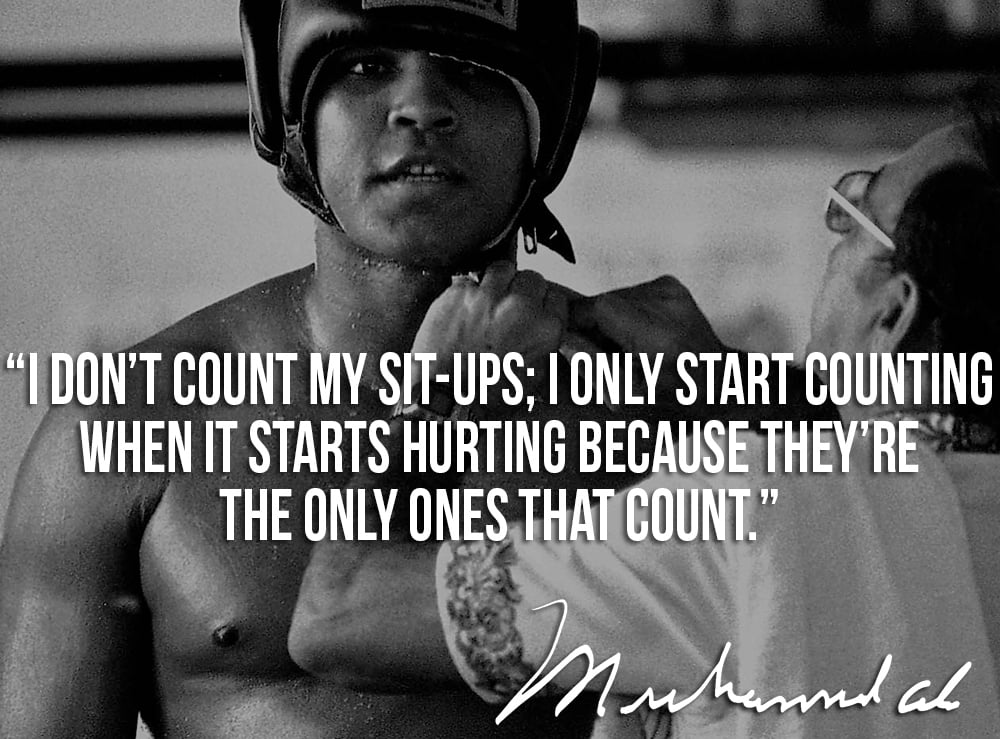

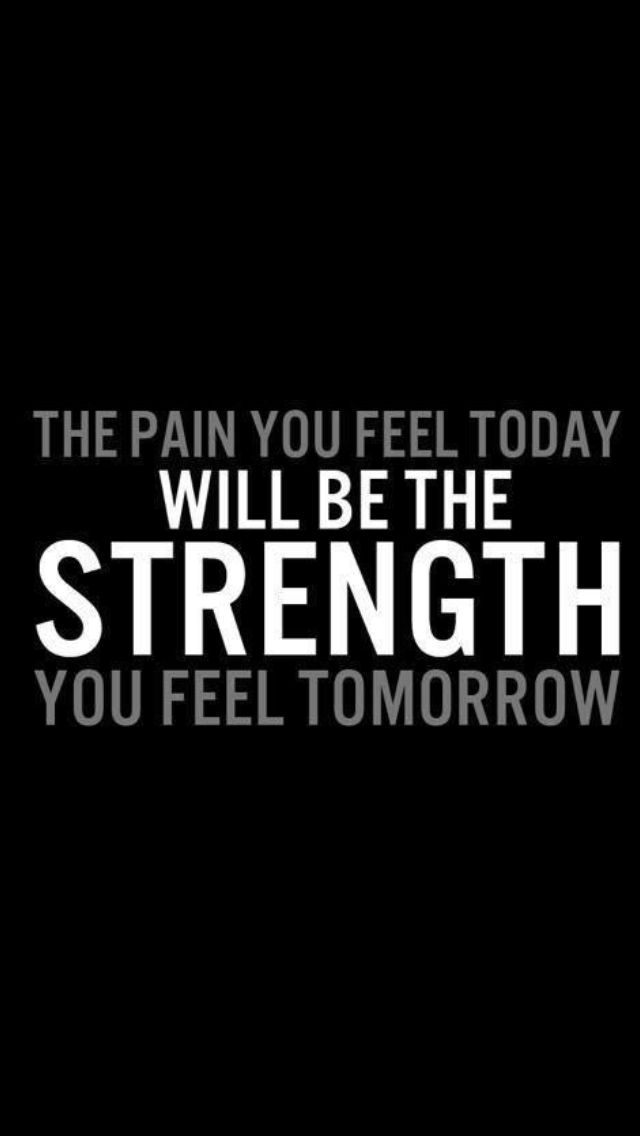

All those phrases are pure and utter crap. They mean nothing. There might be some elements of truth in them, but it is missing so much. This is beginning to become known as grind porn, grind culture, hustle culture, and other such variants. It almost guilt trips you into working hard. Your peers essentially become complicit in it too, and it's what leads to burnout. Your employers force feed this kind of crap until you choke on it, because they want you to feel guilty for feeling tired, stressed, or overworked.
"You're not going to work late, do that extra assignment, and finish the other five tasks that aren't your job? Guess you're not a team player! Do you know how lucky you are to work here? Do you know what a great opportunity this is for you? Stop whining about being underpaid and overworked. Impress now, and you'll get your reward later!" Essentially what they're saying is; I'm going to devalue you and not compensate you adequately for a skill that you possess which is essential to our business operating successfully, and I'm going to gaslight you every time you feel like you deserve to be treated like a human.
Many of us have used these. I know I have been guilty of it in the past. What we miss are two key components. I think that because I am intrinsically motivated to do what I do, that all others should therefore have similar levels of motivation to me, and if they don't, they are wrong. We try to guilt trip them into feeling bad for not wanting it enough, much like a nice guy in the friendzone, without realising we haven't understood nor appealed to their motivations. Why don't they want it? What do they want? How do we appeal to and develop that?
The second component is opportunity. I could develop my intrinsic motivation because I didn't have so many negative things in my way. Debt, bills, commitment, health, freedom, resources etc. can all get in the way. I was able to solely focus on developing my career because there wasn't much holding me back. You don't know how good that person working two jobs could be, if they were well rested, well fed, in good shape, and didn't have the weight of the world on their shoulders in terms of commitment.
Go back and look at those videos, and see if you notice these things, if you didn't already.
- The kids are from affluent backgrounds.
- They have space.
- They have equipment.
- They have time.
- They already possess some fundamental skills.
- The areas they are practicing in (if their own property) are sometimes bigger than whole apartments families are stuck inside, all around the world.
Now think of the opposite end of the spectrum. Single parent, five brothers and sisters, all sharing a room, not allowed outside (not that there's much space outside anyway), no cones or ladders, not even a ball, and maybe no phone to record it. Does that kid not want it? Does that kid show a lack of hustle? Does that kid come from a position of privilege that allows them to treat the Coronavirus like an extended vacation?

It's Maslow time again. Someone pointed this out recently on Twitter. I can't remember who it was, so can't give them the credit. Being good at football is self-actualisation. With people dying all around us, and no knowledge of when the end in in sight, our focus right now is red and orange. We're taking care of our physiological needs, and our safety needs. Do we have enough food? Are the bills being paid? Can I go outside safely to get what I need? Some people are lucky to not have to worry about that at the moment, and that's great.
But if you feel bad one day, eat ice cream and watch crap on TV. Right now, the world needs you to stay home, stay alive, and wash your hands. You may not have used these months to develop a new skill like the passive aggressive memes tell you, but that's okay. You may have sixteen hours free every day for three months, and not come out with a six-pack or the ability to speak Russian, that's fine, as long as you're alive. These are scary and unprecedented times.
Some days I wake up with motivation, and achieve quite a lot. Other days I eat chocolate and play Football Manager. There is no worry about it. I have some ambitions, and even a checklist of things to try and achieve, but if I don't, it doesn't make me a bad person. It means that I didn't have the emotional or physical ability to complete it. Would you be harsh on a friend who pulled out of a marathon because they injured themselves? Would you be upset with a musician friend who got stage fright before a concert?
The number of deaths in all our countries is increasing every day. And for me, I just finished living in the US, I'm now in Mexico, and will eventually be back in England. That means I have been dealing with Trump, AMLO, and Boris. Perhaps the three most ineffectual world leaders throughout this global crisis. I've got forty books to read by September, but if I only read twenty of them, that's okay. I want to lose 20lbs of Missouri weight, but if I gain some during this time, what does it really matter?
Be kind to yourself, and to others. You may have the opportunity to relax and dedicate time to improving yourselves. Others might not. The gym here closed, but I have a lot of exercise equipment, and space out the back to run around. If others decline in fitness during this time, what would I gain from guilt tripping them? How would it help them?
Something that everyone forgets when it comes to motivation, is that moaning at, nagging, insulting, shaming, belittling, shouting at, only brings a short spike in performance. If you want to improve someone's ability in the long term, help them work on their intrinsic motivation. What are their values? What are their wants and needs? Instead of coaching through provoking fear, try connecting with them and igniting joy. It will get them much further in the long run.











No comments:
Post a Comment